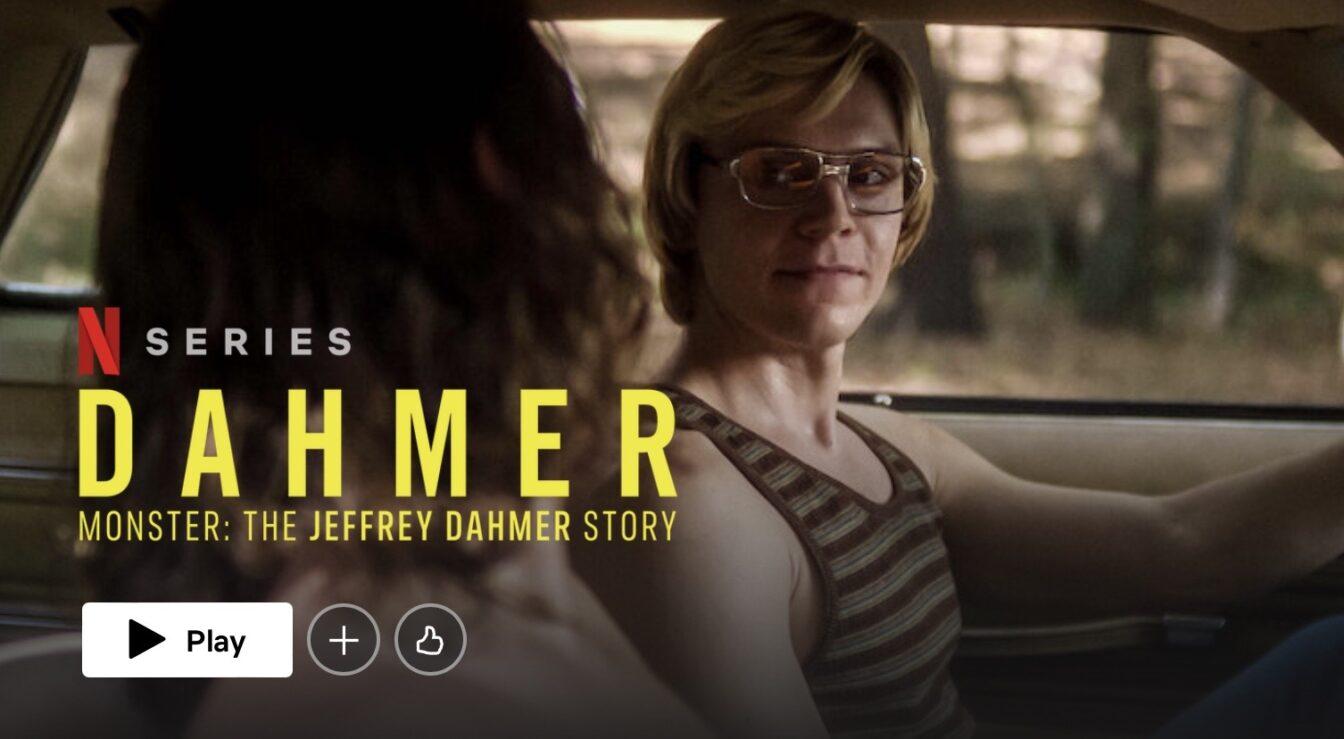Tracy Edwards, Errol Lindsey, Steven Hicks. Do these names ring a bell? What about Ted Bundy, John Wayne Gacy and Charles Manson? The majority of people instantly recognize the second set of names as opposed to the first. Edwards, Lindsey and Hicks, were all innocent victims of brutal murders, yet their stories were never heard, their words never spoken and their lives stripped from them by the very well known and recognizable, Jeffrey Dahmer.
Society’s infatuation with serial killers is astounding. The new Dahmer series on Netflix is now number one on the streaming service, with millions of people ecstatic over its release. This parallels the Ted Bundy movie starring Zac Efron as well as the multiple other films made about Dahmer — most notably the version played by Ross Lynch.
The show itself, “Dahmer – Monster: The Jeffrey Dahmer Story,” is an example of cinematic excellence brought to viewers by none other than director Ryan Murphy. The actor’s performances, specifically Evan Peters’ who plays Jeffrey Dahmer, are terrifyingly well-executed. Peters himself said during a Netflix interview that immersing himself in the role was “one of the hardest things” he’s done in his life, and he went to “dark places” to effectively play the character.
The set design, direction and cinematography leave the viewers at the edge of their seats, while also maintaining striking accuracy to the real murders. There is no doubt Murphy did a magnificent job at creating a drama series that deeply entertains — and disturbs — the masses.
But, one might say a little too magnificent. The question is not whether the series is good or not — it is whether the series should have ever seen the light of day.
A large controversy has shrouded this series because not only were none of the victims’ families consulted when creating the series, they were also not remotely compensated for any of the profits the show earned. The darkest, most vulnerable moments in their lives were broadcast to millions of people, without their knowledge. Many people criticized the show for being far too graphic and complete disregard for the 17 families who Dahmer permanently destroyed.
Rita Isbell, the sister of one of the victims depicted in the show, was disgusted that they used her brother’s story and said her character’s role in Dahmer re-traumatized her.
“It bothered me, especially when I saw myself — when I saw my name come across the screen and this lady saying verbatim exactly what I said,” Isbell said in an essay written to Insider.
Isbell heavily emphasized the fact that Netflix did not compensate any of the families in producing the show.
“I could even understand it if they gave some of the money to the victims’ children…” Isbell stated. “It’s sad that they’re just making money off of this tragedy. That’s just greed.”
Was this show unearthing the failures of our justice system? Was it a genuine analysis of the psyche of a deranged man? Or was it merely a way to gain immeasurable profit without facing any consequences?
In the era of true crime, it can feel easy to desensitize from the tragedy seen in media. Claiming artistic value can dehumanize the victims portrayed in the show. What about the victims’ families? How is everyone with a Netflix subscription able to witness such indescribable deaths?
By watching, viewers must ask themselves if they are complicit in causing this pain, or whether they are mere bystanders in a society that seems to love and glorify the names of monsters.



